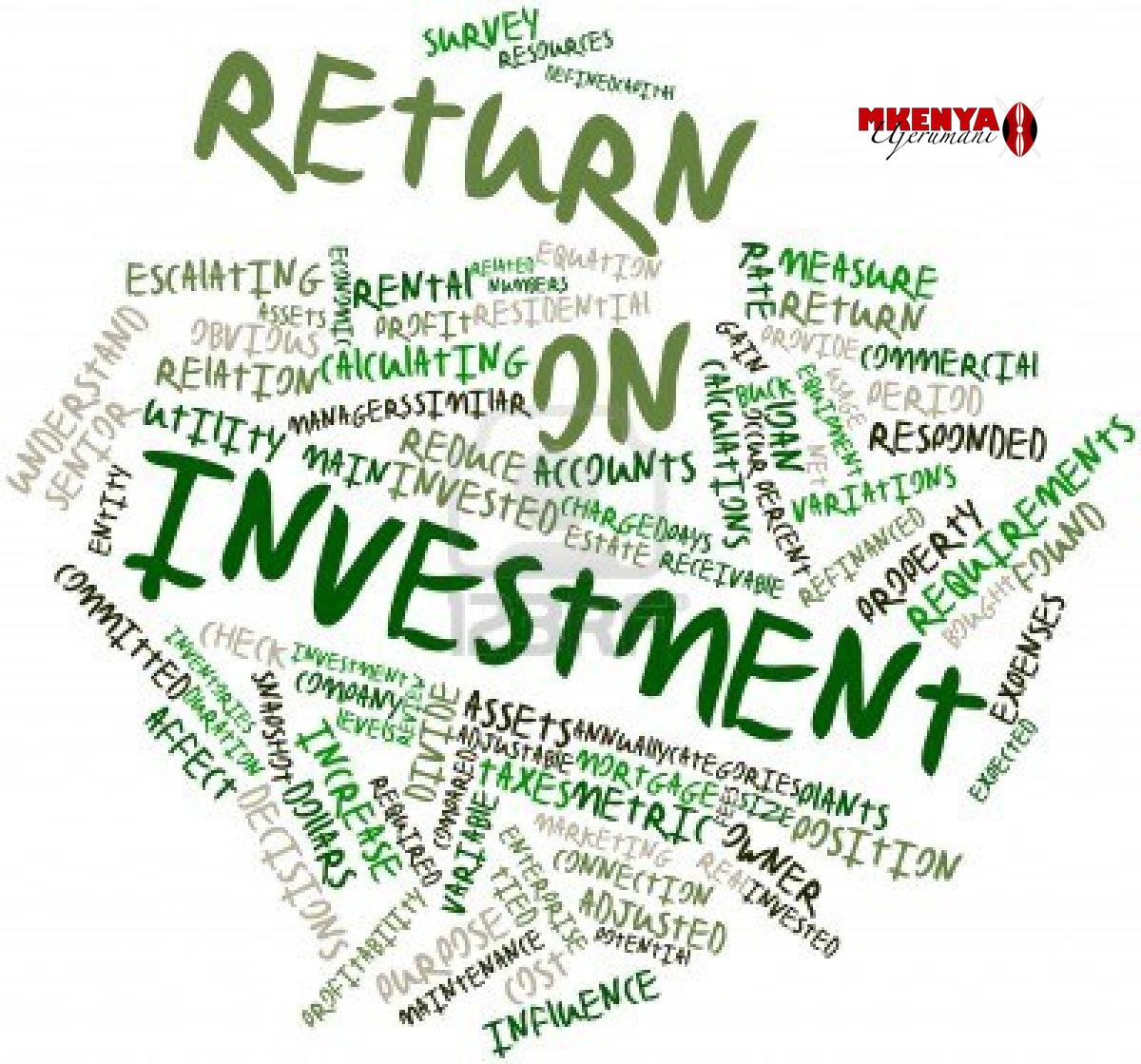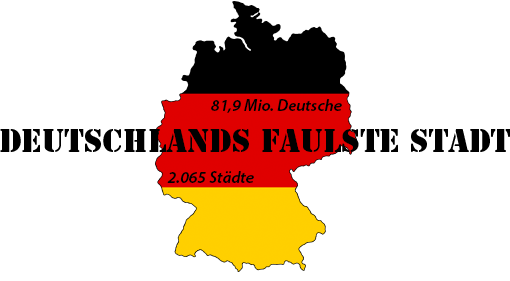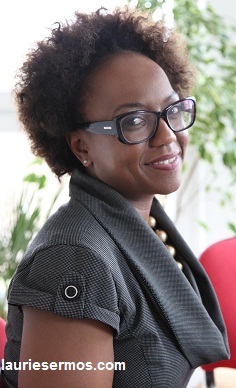I was recently asked this question and I had to research and put up an article about it. There are many of us in the Diaspora who have neither the cash to get into Real Estate nor the time to get into running a business BUT we still want to invest in Kenya. We all would like to have our money work for us, as we sit and enjoy the sun. So what options do you have to invest in Kenya that don’t require too much money or too much time?
1. Bonds
Bonds are the means with which the government or corporate organizations borrow money from the public. In Kenya, the biggest issuer of bonds is the government which offers repayment within 1-30yrs. The bonds are offered monthly and are a great substitute to money in the bank because they have higher rates. The rates change depending on the economic trends. The government picks the lowest bidder, so they can be quite competitive.
How do they work?
When the government makes an offer, the investors make a bid and the government picks the investor with the lowest bid. The rate remains constant through out the repayment period. If for example, a bond holder makes a bid of 20% for a bond worth KSh. 1 Million to be paid in 3yrs. They earn an interest of KSh 600,000 in the 3yrs and at the end they get back their principal sum thus a pay out of KSh. 1.6 million.
To take advantage of bonds, you have to have:
- an account at commercial Bank or a CDS account at the Central Bank of Kenya
- At least KSh. 50,000 for normal bonds or KSh. 100,000 for infrastructure bonds
2. Stocks
A company requiring extra capital or wishing to free up the capital, makes an initial public offering (IPO) that allows the public to buy shares of the company. Stocks of a company are also known as shares. There are set number of shares that shareholders can buy in any company that goes public and has been listed in the stock exchange, in Kenya the Nairobi Stocks Exchange.
This can be risky and sometimes require long term commitment. For those who bought the KQ shares in the early 90s at KSh.15 and sold them in the 2000s at over €100 must have hit the jackpot but those who bought the Uchumi shares in the early 90s at KSh. 90 only for the supermarket to go under receivership and sell shares at less than KSh. 1 would be telling a different story about shares.
To start investing in shares you require:
- a CDSC account at an Investment Bank or at a Stock Brokerage Firm.
- sign the form (CDS 1) before your Central Depository Agent (CDA)
- two recently taken passport size photographs,
- original National ID or passport
Regardless of which company you use to register your CDSC account, you still have access to it (CDSC account) even after the company you used collapses. But it would help to use a reliable broker from the beginning. Some brokers have gone digital and will send you your statements via email every month.
3. Mutual Funds or Unit Trust
A Mutual Fund or Unit Trust is a fund that combines the investments of several individuals and institutions to collectively make financial investments. Investors share in the Unit Trust’s gains or losses. The fund is managed by a licensed Investment or Fund Manager, who makes educated investment decisions on behalf of the contributors to the fund. Each investor in a mutual fund is known as a unit holder and holds a number of units based on how much they invested in the unit trust. Different mutual funds have different rates of return, minimum investment requirements and management fees which fund managers charge for their investing service.
How do they work?
If you invested KES 10,000 with a local equity fund that charges a 2% initial fee, the amount used to buy units in the fund would be KES 9,800 (KES 10,000 – 2%). This amount would then be divided by the unit market price of your chosen company for that day e.g. 69 units in Dyer & Blair’s Equity Fund at a price of KES 141.03 per unit.







